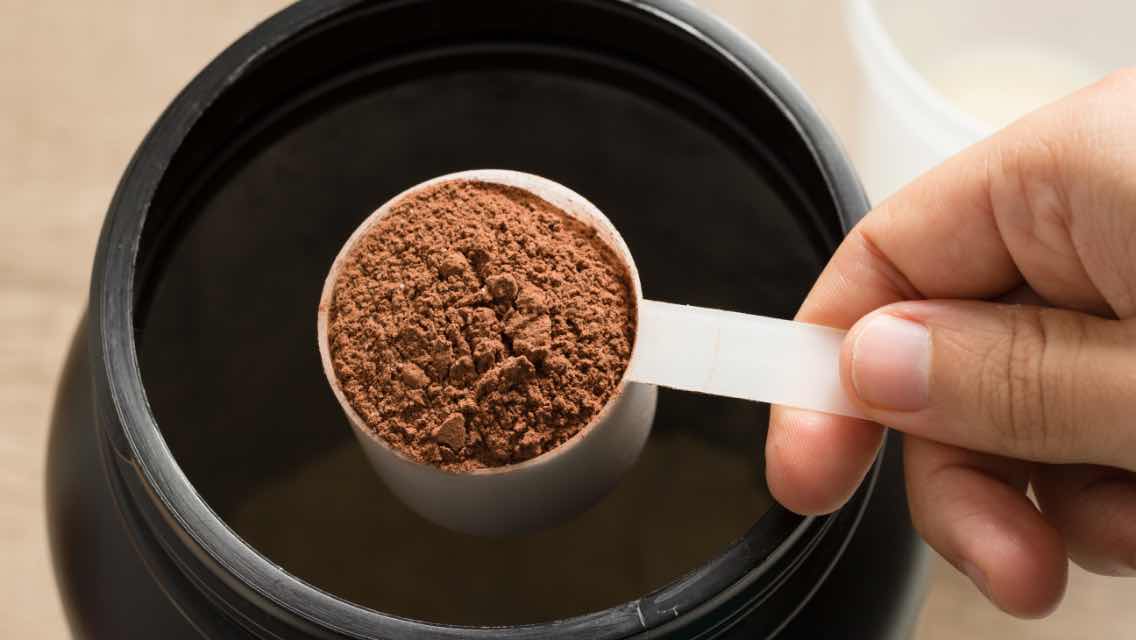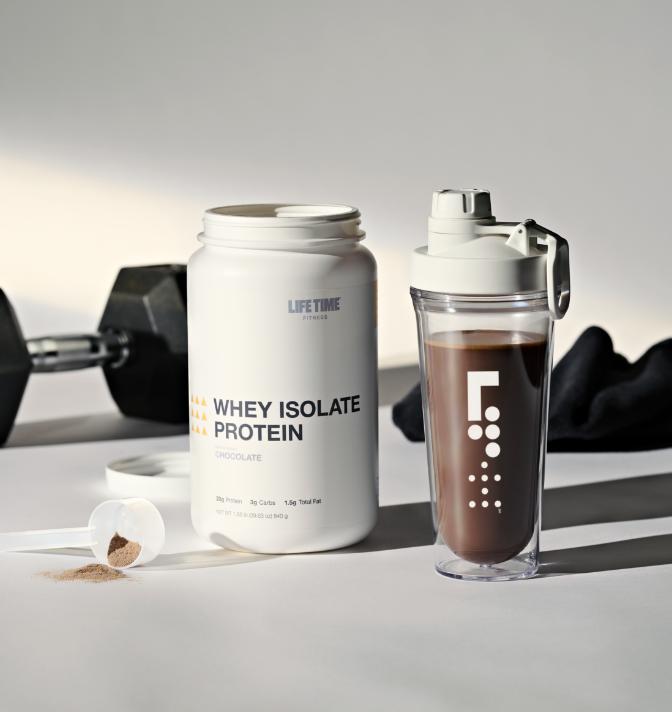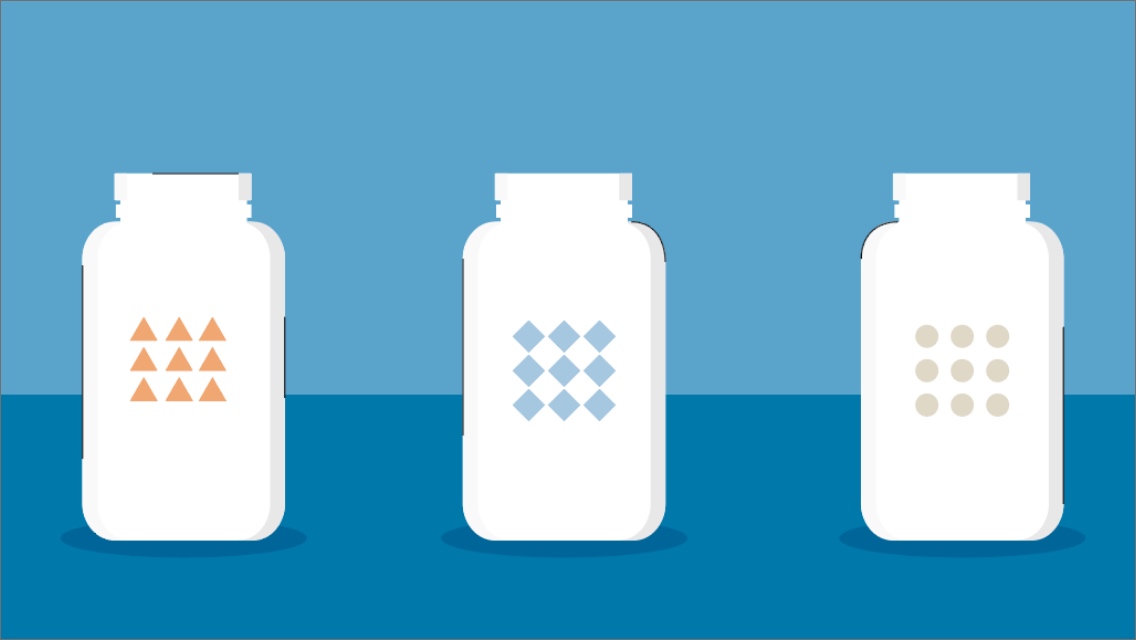As the saying goes, “One man’s trash is another man’s treasure.” In the world of supplements, this phrase is true for whey protein.
It wasn’t long ago that whey was tossed out as a useless byproduct during cheese manufacturing. Today, it’s considered one of the most important nutritional supplements on the planet.
Whey and its Health Benefits
Whey is one of the two intact proteins found in milk; the other is casein. Casein is the primary protein in the curds in cottage cheese and the hard material we think of as “cheese.” Whey, along with water, is found in the liquid in cottage cheese.
For most other cheese production, whey was historically tossed aside as a useless byproduct.
However, whey is no longer being overlooked due to its high biological value. It is a complete source of essential amino acids, including the branched-chain amino acids (BCAAs) leucine, isoleucine, and valine.
Whey also contains functional serum proteins such as beta-lactoglobulin, alpha-lactalbumin, immunoglobulin, lactoferrin, lactoperoxidase, and gilcomacropeptide, which can provide varying levels of support to immune health, digestion, neurotransmitter balance, and more.
Technically, whey, casein, milk, chocolate milk, cheese, and yogurt are all sources of dairy — but not all dairy offers the same health benefits. The following are some of the advantages that whey offers.
Increased Protein Intake
High-protein diets provide numerous health benefits, including better body composition and bone density, more stable blood sugar and insulin, reduced cravings, and support for your immune system.
Eating at least one gram of protein per pound of your goal body weight — a standard nutritional recommendation — can be tough if you rely on food alone, especially if you limit your meat intake.
Supplemental whey, which is commonly found in protein powder, makes it easy to create a variety high-protein food and snacks, such as protein shakes, protein breakfast brownies, and protein pancakes.
Read more: “10 Genius Ways to Use Protein Powder“
Increased Muscle Mass
Research shows that whey supports lean body mass both by increasing protein synthesis and decreasing protein breakdown.
For instance, in one study in which participants supplemented with whey, casein, or soy, those who consumed whey or casein experienced better improvements in lean body mass than those using soy. Another group in the study supplemented with an equal amount of calories of carbohydrate instead of protein. Not surprisingly, the group that used carbohydrate instead of protein gained body fat.
Another study compared whey and soy protein groups. The group that used whey protein experienced an improvement in body composition, though it was not statistically significant.
In recreational bodybuilders who supplemented with either whey or casein, those who supplemented with whey saw a greater increase in muscle and more loss in fat compared to those using casein.
Whey is made up of a more bioavailable amino acid profile than other protein sources, which allows its amino acids to be better absorbed and enter the blood stream quicker than many other protein sources. This makes it a great protein for supporting muscle mass at any age.
Improved Body Composition
When compared against supplementing with casein or soy protein, whey protein lowered ghrelin — the hormone that stimulates feelings of hunger — more than the other two.
With its benefits of reduced hunger, better blood-sugar control, and increased muscle mass, it’s not surprising that use of whey protein is associated with improved body composition.
In one study, the addition of whey protein to an ad libitum diet (eating what you want) led to statistically significant weight loss, smaller waist circumference, and improved body composition.
Improved Stress Response
The hormonal effects of soy and whey immediately before exercise were compared in a small group of men with previous resistance-training experience. Those who used soy saw no change in their hormones during exercise, while those who used whey protein had a blunted rise in cortisol, the stress hormone.
This finding is a little tricky, though. While it’s beneficial to blunt cortisol during competition, you actually need a significant rise in cortisol during training sessions — it helps stimulate growth hormone and testosterone.
Curbing cortisol throughout the rest of your day may be good for your health and adrenal function, but you’re better off avoiding whey or any calorie-containing foods or beverages immediately before your training session or during your workout.
Instead, consider utilizing whey protein as part of a post-workout recovery strategy or as part of your meal and snack regimen.
Improved Blood Sugar and Insulin
The amino acids in whey support better blood-sugar levels and improve the functioning of insulin, which allows fat to be used as a more significant fuel source.
Whey has also been shown in animal studies to reduce both overall food intake and fat mass.
Although animal studies don’t always carry over to humans, they do provide a good framework to start with. Animals also don’t suffer from emotional ties to eating, so it’s easier to test the physiological effects of dietary changes.
Increased Protein Synthesis
The large concentration of BCAAs has a powerful effect on protein synthesis, while the complete mix of essential amino acids contribute to numerous other health benefits. Of the BCAAs, leucine stimulates protein synthesis the most.
To explore the interdependence of the BCAAs, researchers studied what would happen to protein synthesis if leucine intake remained the same, but the intake of other amino acids was reduced.
They directed one group to consume 25 grams of whey protein, while the other group took one-quarter of that amount, and then consumed extra leucine so their total intake matched the first group.
At rest, protein synthesis in both groups remained the same. However, after a workout, protein synthesis was higher in the group that consumed the 25 grams of whey protein. This demonstrated that whey protein provides other amino acids beyond leucine that play a role in muscle growth.
Improved Heart Health
Research shows whey supplementation supports better cholesterol, triglyceride, and insulin levels in overweight people.
In another study, those following a high-fat diet added 45 grams of whey, casein, or glucose. Triglyceride levels were lower in the whey-protein group.
Evidence also shows whey supplementation may improve blood pressure and antioxidant status. Its amino acids support glutathione, the body’s primary antioxidant.
How Much Whey to Consume
We’re often asked, “How much protein powder should I use in a shake?”
First, let’s address a common myth: “You can only use 20 grams of protein at a time.” That’s untrue on a number of levels, which are addressed in “High-Protein Diets: Health Benefits and Controversies.”
In a 2012 study, elderly men consumed 10, 20, or 35 grams of protein. Those consuming the 35 grams of protein experienced the largest increase in protein synthesis. Would 50 grams have been even better? We don’t know, but it existing research shows supports that eating more is OK.
The most important thing, assuming you don’t have a pre-existing kidney disease, is to consume at least one gram of protein per pound goal body weight per day. Focus on getting as much protein as you can from whole-food sources such as fish, eggs, meat, and poultry, and then supplement with whey to reach your target number.
Whey isolate or whey concentrate?
Most research studies use whey concentrate, especially the studies based on free-living conditions or older populations. However, researchers looking at fitness and performance improvements often use whey isolate.
Grass-fed whey concentrate is the ideal protein source for those who can tolerate a little lactose and who are looking for something to consume between or in place of meals. It has more functional properties like lactoferrin, immunoglobulin, and serum albumin, which support the immune system.
Those who are sensitive to lactose may have trouble with whey concentrate. In those cases, whey isolate may be a better option due to its lower lactose content. Of course, some people can’t handle dairy products at all and will need to find a quality, dairy-free or vegan protein powder.
In the end, we recommend using grass-fed whey concentrate unless you have issues with lactose, or you’re in the final weeks of prep for a physique competition.
Whey protein or essential amino acids?
As a powdered supplement, whey protein is easily digested and absorbed, especially when compared to whole food sources such as meat, chicken, and other animal proteins. This makes it appealing to use as part of an exercise recovery strategy after workouts or as part of your meal and snack routine.
As exercise intensity increases, however, it can become increasingly difficult to tolerate intact protein sources during workouts, such as those in whole foods or complete protein powders, such as whey. Since amino acids are the smaller building blocks of protein, essential amino acid supplementation is more appealing to use immediately before or during exercise since they are already broken down into a fully absorbable form.
Essential amino acids pass quickly into the bloodstream, where they are metabolized; they provide building blocks for muscle development, support fat metabolism, and improve exercise capacity. They might also have an even greater impact on recovery.
Is one better than the other, though? It depends on why you’re using them.
Immediately before or during exercise, essential amino acids are generally preferred. Supplementation with essential amino acids may also be better for older adults who have little appetite or difficulty digesting lots of food.
However, they are a far cry from a “meal,” in contrast with whey protein that can be mixed into a shake as a satisfying snack.
Bottom line: They’re both valuable and can both be used in the same nutrition program.
Is supplementing right for me?
All this being said, you might still be wondering if whey is the right supplement for you? It depends. Although most individuals would benefit, each person is unique.
Better body composition and recovery from exercise sound pretty appealing. So do a reduced appetite, better immune function, and better measures related to metabolic function.
Of course, you’d still need to eat well and exercise to get the best benefits.
The only way to know whether whey or any other nutritional supplement works for you is to give them a serious try. Try making whey protein a regular part of your diet for a month or two. If you tolerate it, you might be surprised at the effect it has on how you feel and function.
As always, if you have a medical condition, talk to a knowledgeable health-care practitioner.
You Get What You Pay For
Like many other types of supplements, there can be a significant difference in quality in whey proteins.
The options are endless at mass retail stores with a wide array of price points. Many of the bottom-tier options come from lower quality whey with cheaper production methods and unnecessary additives.
At Life Time, we use only the highest-quality ingredients and production methods and avoid certain additives, including carrageenan, acesulfame-potassium (Ace-K), aspartame, sucralose, and artificial flavors and sweeteners. If you’re opting for a quality whey concentrate, make sure it is sourced from grass-fed cows.
To experience the best benefits from your supplement routine, quality and purity should be a top priority.





